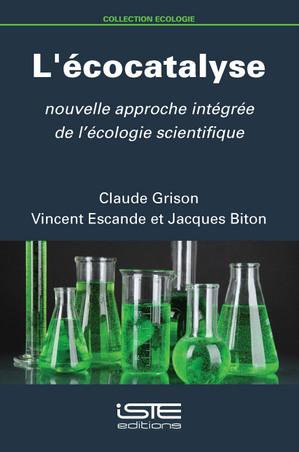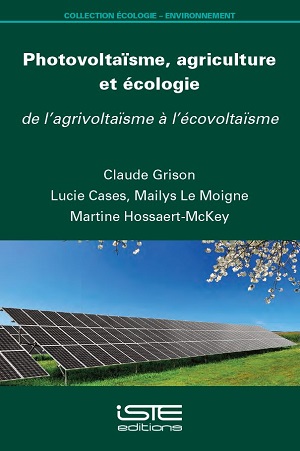
The backdrop of this title is a planet under increasing pressure from anthropogenic influences, where the effects of human activity are beginning to affect biological dynamics and biogeochemical equilibria. Within this context, the authors introduce ecocatalysis, an emerging discipline at the interface between green chemistry and ecological engineering, as a tool with which to face […]
The backdrop of this title is a planet under increasing pressure from anthropogenic influences, where the effects of human activity are beginning to affect biological dynamics and biogeochemical equilibria. Within this context, the authors introduce ecocatalysis, an emerging discipline at the interface between green chemistry and ecological engineering, as a tool with which to face many of the issues of the current environmental climate.
Ecocatalysis entails the use of phytotechnologies adapted to pollution, ecological rehabilitation of polluted sites and enhancement of these processes through innovative green chemistry, all of which contribute to the development of scientific priorities. This ecological recycling promotes economic and ecological innovation, biomass conversion and the transition from fossil fuels to renewable energies.
Outlining the issues of globalization and food security, metal pollution, the degradation of ecosystems and its effects on the fauna and flora as well as on humans, this book illustrates how an innovative breakthrough in environmental chemistry has managed to stimulate and advance the field of ecological recycling, with solutions such as the phytoextraction of sites degraded by mining activities, to better understand the social, environmental and economic conditions of sustainable development.
1. A New Approch to Multi-Site and Multi-Scale Rehabilitation by Phytoextraction.
2. From Phytoextraction to Green Chemistry and vice versa via Ecocatalysis.


